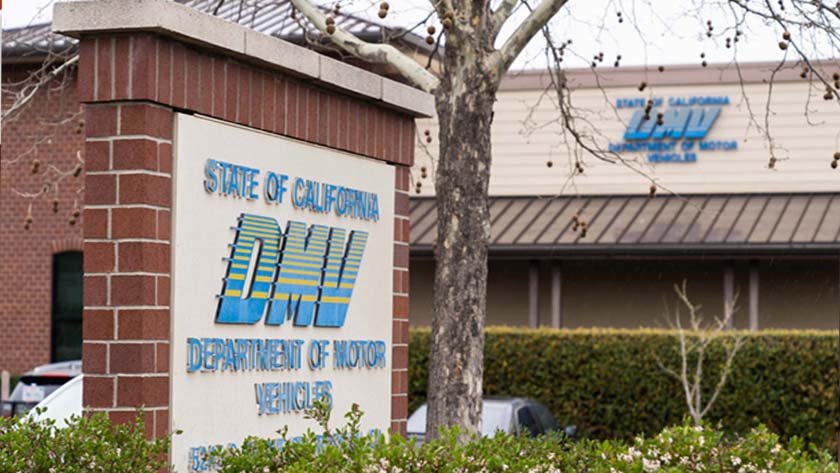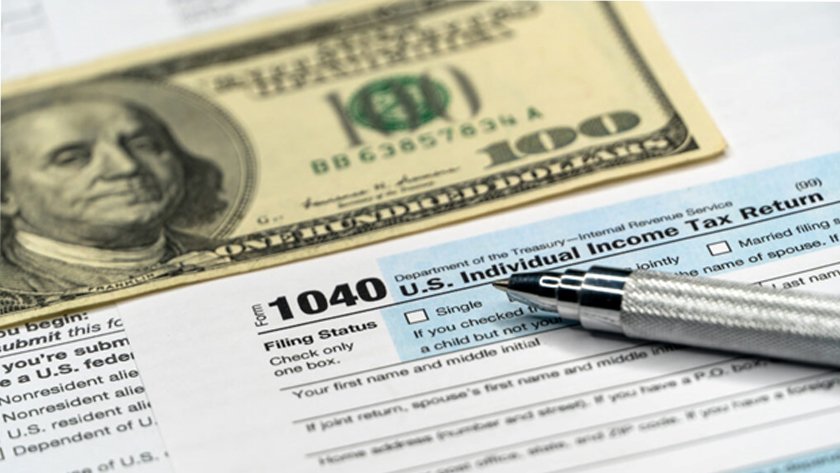Tax audits for private hospitals are a crucial aspect of financial management. Private hospitals play a pivotal role in our healthcare system, delivering essential services every day. Yet, like any other business, they’re subject to taxes and the scrutiny that comes with them. It’s not just about paying what’s owed but understanding the intricacies of the process.
Understanding the essentials of tax audits for private hospitals not only ensures compliance with legal obligations but also fortifies the hospital’s reputation, creating a favorable environment for both patients and stakeholders. A missed detail or an overlooked regulation can lead to unforeseen challenges. So, whether you’re a hospital administrator, a financial expert, or simply curious, let’s dive deep into what every private hospital should know regarding tax audits.
Table of Contents
Introduction
Tax audits are a crucial aspect of financial integrity and compliance for any institution, and private hospitals are no exception. With a plethora of tax laws to comply with, tax preparation for private hospitals can be a daunting task. Ensuring your hospital is ready for a tax audit is essential for avoiding legal complications and ensuring the financial health of your institution. This blog aims to shed light on the importance of tax audits for private hospitals and provides a guide on preparing for them.
Why Tax Audits are Crucial for Private Hospitals
Tax audits provide a clear picture of a hospital’s financial status, ensuring compliance with tax laws and identifying any areas of financial risk. They are essential for maintaining a good reputation, attracting investors, and ensuring legal compliance. Proper tax preparation for nursing homes can significantly ease the process of a tax audit and help in identifying potential tax-saving opportunities.
Tax Preparation for Private Hospitals: A Step-by-Step Guide
Gathering Financial Records
The first step in tax preparation is gathering all necessary financial records. This includes income statements, balance sheets, and cash flow statements, along with receipts, invoices, and other documentation of financial transactions.
Identifying Tax Deductible Items
Identifying tax-deductible items is crucial for reducing tax liability. This could include expenses related to medical equipment, employee wages, and charitable activities.
Employing Professional Assistance
Tax laws can be complex and constantly changing. Employing professionals who specialize in tax preparation for private hospitals can help ensure accurate and compliant tax reporting.
Common Challenges and How to Overcome Them
Compliance with Varied Tax Laws
Private hospitals need to comply with a multitude of tax laws, which may vary from one jurisdiction to another. Staying updated on relevant tax laws and seeking professional tax advice can help overcome this challenge.
Accurate Record-Keeping
Maintaining accurate and complete financial records is crucial for a smooth tax audit. Implementing robust record-keeping systems and regularly reviewing financial records can help in ensuring accuracy.
Tips for a Smooth Tax Audit
- Maintain Transparency: Be open and honest with your auditor about your financial dealings. This will create a conducive environment for a thorough and accurate audit.
- Educate Your Staff: Ensure that your staff is educated on the importance of accurate record-keeping and compliance with tax laws.
- Seek Professional Assistance Early: Don’t wait until an audit is imminent to seek professional help. Engaging tax professionals early can help in identifying and rectifying issues before they become problems during an audit.
Conclusion
A tax audit is more than just a legal compliance for private hospitals; it’s a tool to safeguard the financial health and reputation of the institution. Proper tax preparation for private hospitals can significantly ease the tax audit process. Some key takeaways include the importance of accurate record-keeping, the benefits of seeking professional tax assistance, and the need for continuous education on tax laws and compliance.
For further assistance in navigating the intricate landscape of tax preparation and audits, contact Barron Income Tax to help in scaling your startup towards a financially secure and compliant future.
At Barron Income tax services, we specialize in tailoring the right service for our clients. We understand every customer has Read more
When you first start filing your tax returns, one of the many questions that come into mind is; should I Read more
With rules changing on sudden notice and many businesses having to enforce limits & restrictions on their premises. It is Read more
If you are the one who engages in business outside his country or deals with overseas legal documents, you need a Read more
After months of negotiations the $1,400 stimulus check has been approved and ready to go! In this article, we will Read more
Are you tired of struggling with bookkeeping mistakes that can jeopardize your business? Look no further! Barron Income Tax has Read more
Tax season frequently emerges as one of the most anxiety-inducing periods in the lives of taxpayers. Meeting the stringent filing Read more
Are you a small business proprietor dreading the impending tax season? The prospect of delving into heaps of paperwork and Read more








